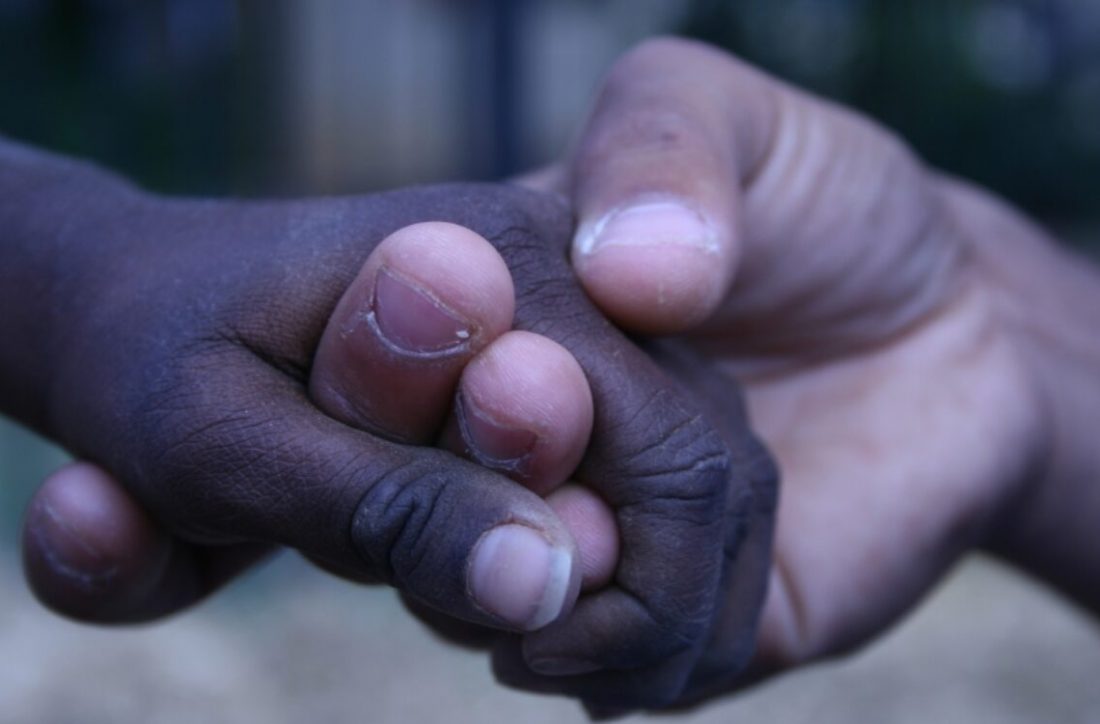The Central Australian Aboriginal Congress in Alice Springs notes the latest report on Closing the Gap.
“For the first time ever, there is a commitment from all Australian governments, through COAG, to work with Aboriginal leaders through the peak bodies of Aboriginal organisations to negotiate key strategies and headline indicators that will make a difference,” said Donna Ah Chee, Chief Executive Officer of the Central Australian Aboriginal Congress.
“So long as the negotiations continue in good faith and we stay the course together this should lead to a greater rate of improvement in coming years. Of this I am sure,” she continued.
“There is a commitment to supporting Aboriginal people by giving priority to our own community controlled organisations to deliver the services and programs that will make a difference in our communities while at the same time ensuring mainstream services better meet our needs”, she said.
“It’s also important to recognise that there has been progress here in Central Australia both over the longer term and more recently. Since 1973, the number of Aboriginal babies dying in their first year of life has reduced from 250 to 10 per 1000 babies born, and life expectancy has improved on average around 13 years.
As recently as 2019 we have seen significant improvements across multiple areas.
“Alice Springs has experienced a remarkable 40% reduction in alcohol related assaults and a 33% reduction in domestic violence assaults. This is 739 fewer assaults year on year, or 14 fewer assaults per week”.
“There has been a 33% reduction in alcohol related emergency department presentation which is 1617 fewer presentations year on year or a reduction of 31 per week. Corresponding with this, there has been a decline in hospital admissions and, as noted in the MJA recently, ICU admissions. These are dramatic improvements,” she said.
“The proportion of babies born of low birth weight has halved and the rates of childhood anaemia and anaemia in pregnancy have declined markedly.”
“In addition to this the number of young people who reoffend and therefore recycle through youth detention has dropped dramatically.”
“Combining all of these factors, we are closing the gap on early childhood disadvantage and trauma and this will make a big difference in coming years in other health and social outcomes.”
There are however, still many issues to be addressed, especially with the current generation of young people, as too many have already experienced the impacts of domestic violence, trauma and alcohol and other drugs. Unfortunately, this has led to the youth issues experienced now in Alice Springs.
The NT government recently advised Congress that they are implementing strategies that are aimed at making an immediate difference while at the same time we know key strategies that will make a longer-term difference are already in place. New immediate strategies include:
- 14 additional police undertaking foot patrols and bike patrols in the CBD
- Police now taking young people home where it is safe to do so, rather than telling them to go home themselves
- The employment of two senior Aboriginal community police officers from remote communities and the recruitment of three others in town and two at Yuendumu
- The flexible deployment of the YOREOs to meet peaks in the numbers of young people out at different hours of the night
- The much more active deployment of the truancy officers to ensure all young people are going to school.
- Access to emergency accommodation options for young people at night
While progress overall is slower than it should be, it is important to acknowledge the successes we are having because of the good work of many dedicated community organisations and government agencies working together in a supportive environment, where governments are adopting evidence based policies.
Media Contact: Kate Buckland 0408 741 691
